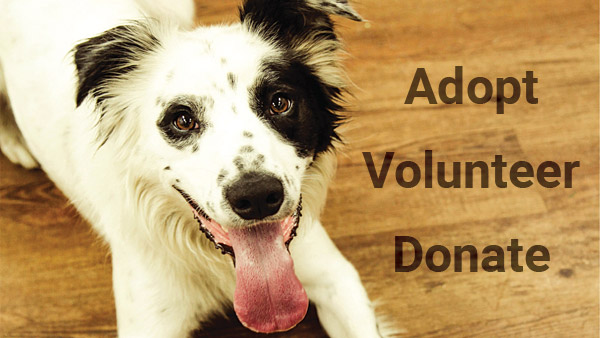CANINE ADOLESCENCE
- This topic has 0 replies, 1 voice, and was last updated 16 years, 3 months ago by
Mackenzie’s Admin.
-
AuthorPosts
-
January 23, 2009 at 2:58 am #330
Mackenzie’s Admin
MemberRebels with Paws
Those weeks of careful monitoring have finally paid off—you’re now the proud caretaker of a housebroken pup! But wait, is that a yellow stain partway up the drapes? And after you unclip Rex’s leash in the dog run, and he maniacally bounds around for forty-five minutes, it still takes a ten-minute game of “Catch Me If You Can” to get him back on-leash to go home. What gives? Your puppy has grown into a teenager.
The wide world of Spot’s
From the age of six to eighteen months, your dog undergoes adolescence—that gawky stage between puppyhood and adulthood. Physically, your dog has his adult teeth but he still needs to chew on hard toys. That cottony puppy coat is falling out during one tremendous shedding cycle, allowing the adult coat to grow in. He has almost reached his adult height, but for now is all loose elbows and gangly movement.And what movement! During adolescence, the domestic canine resembles a perpetual-motion machine that requires super-human stamina to wear out. It’s a good idea to find your pup a friendly pack of other canine adolescents to run with in the safety of an urban dog run or suburban fenced-in yard. If your dog lacks canine friends, send him or her out with your resident human teen to fetch a Frisbee™ or go jogging.
Tiring out your canine teen will also save wear and tear on your abode. Chewing often results when a bored, anxious or curious dog is allowed the run of the house. For the canine adolescent, boredom and curiosity can lead to major household damage via chewing, digging and general re-organization. This damage could largely be avoided if caretakers would simply continue to confine their dog in a training crate or dog-proof room whenever no one is around to monitor canine investigations. Canine teens are not yet capable of the consistency it takes to earn the run of the place unsupervised.
Those paws, those eyes…that smell!
Hormones also play a major role in your canine’s adolescence. Most dogs become sexually mature at eight- to twelve-months of age; at this time, females will experience their first estrus (heat) cycle and males will begin to lift their legs and show interest in “the ladies.” By spaying or neutering early (between two- and six-months of age), you can save yourself and your dog such varied experiences as increased indoor urination (Females in heat do it to advertise for suitors; for intact males it’s a way of marking territory.), inter-dog aggression (primarily between dogs of the same sex who are compelled to ‘fight off the competition’), and the complete loss of attention span that attends raging hormones. This also eliminates accidental matings, false pregnancies and the male teen’s need to taste-test female urine.Remedying Rover’s memory loss
An adolescent, even a neutered one, will experience occasional lapses in attention. At times he may look at you as though you just addressed him in Mandarin, trying to convince you that you never taught him the sit command. Handle these lapses the same way you would with an untrained dog. Take a step or two backward in your training program and patiently re-teach him the command by luring him into the requested position. Be sure to make it worth his while with the use of positive reinforcement. Keep his focus on you, using favorite toys and treats as lures. And keep your training sessions short and functional, always ending with a game or playtime. If you take away the fun, he or she will show even less interest.In order to get through your dog’s adolescence, remember to provide plenty of exercise, continue to crate/confine when he or she is unattended, spay or neuter, and keep your training sessions fun. And by all means, hang on to your sense of humor. Though your pup may try your patience, take heart — adolescence is one thing your dog is guaranteed to outgrow!
by Jacque Lynn Schultz, CPDT
Companion Animal Programs Advisor
ASPCA National Shelter Outreach -
AuthorPosts
- You must be logged in to reply to this topic.











































